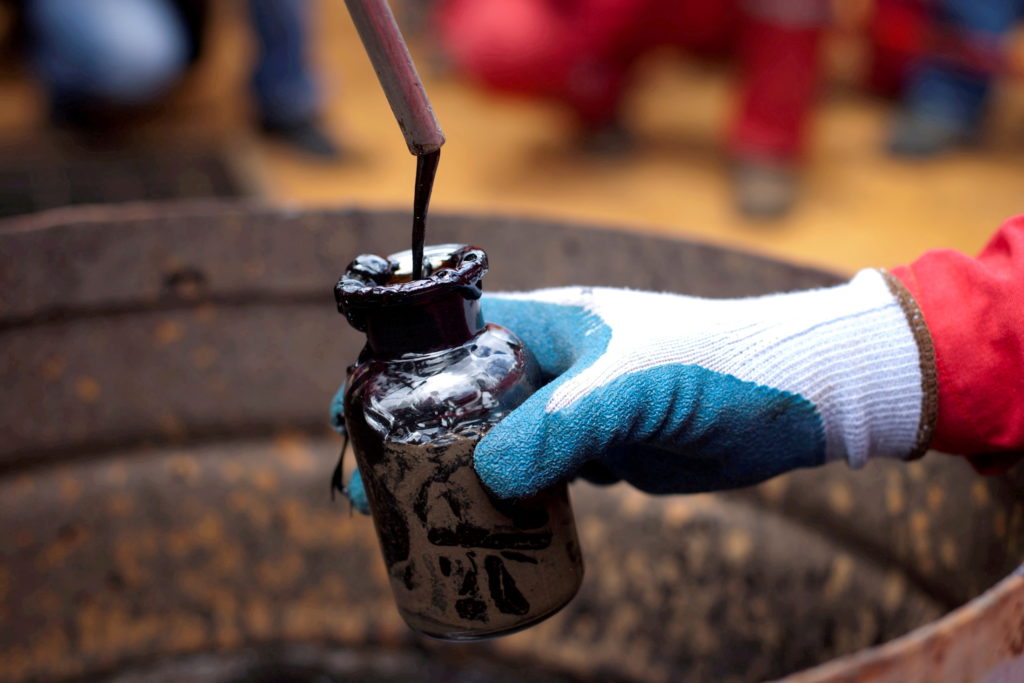

LONDON (Reuters)
Global oil prices rose for a fourth day on Friday (April 29) as fears over Russian supply disruption trumped coronavirus (COVID-19) lockdowns in China, the world’s biggest crude importer.
Brent crude futures rose by $1.90, or 1.8 per cent, to US$109.49 a barrel by 1127 GMT after gaining 2.1 per cent in the previous session. The front-month June contract expires later on Friday. The more active July contract rose by 94 cents to $104.41.
West Texas Intermediate crude gained 86 cents, or 0.8 per cent, to US$106.22 after advancing by 3.3 per cent on Thursday.
Both contracts are set to finish up on the week and post their fifth straight monthly gains, buoyed by the increased likelihood that Germany will join other European Union (EU) member states in an embargo on Russian oil.
Oil prices have remained volatile, however, with China showing no signs of easing lockdown measures despite the impact on its economy and global supply chains.
“With both full and partial lockdowns ramping up since March, China’s economic indicators have plunged further into the red. We now expect China’s GDP to slow further in Q2,” Wood Mackenzie’s head of APAC economics, Yanting Zhou, said in a note.
“Oil market volatility is set to continue, with the potential for more widespread and prolonged lockdowns into May and beyond, skewing the near-term risks for China’s oil demand – and prices – to the downside.”
On the supply side, OPEC+ is likely to stick to its existing deal and agree another small output increase for June when it meets on May 5, six sources from the producer group told Reuters on Thursday.
However, Russian oil production could fall by as much as 17 per cent this year, an economy ministry document seen by Reuters showed on Wednesday, as Western sanctions over Russia’s invasion of Ukraine hurt investments and exports.
Sanctions have also made it increasingly difficult for Russian ships to send oil to customers, prompting Exxon Mobil Corp to declare force majeure for its Sakhalin-1 operations and curtail output.
“If Europe is suddenly required to look for huge amounts of gas or oil supplies in international markets, that will offset China’s slowdown fears and send prices higher,” said Jeffrey Halley, a senior market analyst at OANDA.







Comments